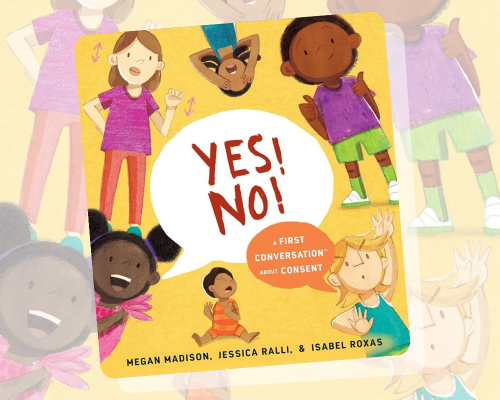Andrew Kelly’s Cry Hard Chucky is a touching children’s book that delivers a simple but profound message: crying is not a weakness, but a natural and healing response to big emotions.
With warmth, empathy, and a thoughtful blend of narrative and music, Kelly has created a resource that is both engaging for children and valuable for the adults who support them.
- Title: “Cry Hard Chucky“
- Written: Andrew Kelly
- Illustrated by: Emma Stuart
- Age Group: Early years – 3 years and older
- Links to EYLF
- Principles: Secure, respectful and reciprocal relationships
- Practices: Responsiveness to children
- Outcomes: Children have a strong sense of wellbeing
Healthy Emotional Expression
The story introduces us to Chucky, a kind and energetic boy who sometimes finds himself overwhelmed by feelings that are difficult to manage. Like many children, he experiences moments of frustration, sadness and confusion. Instead of silencing these emotions, Chucky’s father lovingly encourages him to cry, helping him to discover that tears can restore calm, bring balance and offer comfort. This central theme is what makes Cry Hard Chucky stand out: it normalises tears as part of healthy emotional expression and provides families and educators with an accessible way to discuss them.
One of the unique features of Kelly’s work is the way he pairs the story with music. The video edition blends narrative and gentle melodies to create a soothing atmosphere, making it easier for children to connect with the message. This multimedia approach not only keeps young audiences engaged, but also creates a safe, calming context for emotional exploration, something particularly valuable in early childhood settings.
To view the story in song, check out the ‘Read Aloud’ section below.
Connection and Empathy
The heart of the book lies in its emphasis on connection and empathy. Chucky’s father is a consistent presence throughout his emotional moments, modelling the idea that children should never be left alone with their big feelings. The narrative highlights that what overwhelms children is not the emotions themselves, but the sense of being isolated in them. By staying close, offering comfort and encouraging tears, Chucky’s father shows that empathy and presence are among the most powerful tools adults have.
The story also demonstrates how children learn empathy through experience. When Chucky notices his father’s sadness, he offers a hug and encourages him to “cry hard” too. This reversal is tender and instructive: it shows that children not only benefit from emotional support but can also reflect it back, building their own empathy and compassion.
Emotional Intelligence
Cry Hard Chucky provides clear insights into the development of emotional intelligence and resilience. With his father’s support, Chucky learns to recognise and manage his emotions in positive ways. Crying becomes a tool for stress relief and self-regulation. Importantly, the book reframes resilience, not as stoicism or “toughing it out” alone, but as the capacity to seek support, feel emotions fully, and move forward. This perspective is especially helpful for adults working with children, as it encourages a more compassionate, relational understanding of resilience.
Books like Cry Hard Chucky provide a fabulous springboard for conversations. The language we use can shape how children view their emotions. Try phrases such as:
- “It is okay to cry; this is your body’s way of helping you regulate your emotions.”
- “Your tears are showing me that you might be upset. I am here for you if you need a cuddle or when you’re ready to do the next thing.”
- “Did you know crying helps develop empathy? That’s your empathy growing.”
Overall, Cry Hard Chucky is more than a storybook, it is a valuable resource for educators, carers and families seeking to nurture children’s emotional wellbeing. By weaving together story, music and practical guidance, Andrew Kelly and Emma Stuart have created a compassionate tool that encourages both children and adults to see tears not as something to hide, but as something to honour. This is a book that deserves a place on every early childhood bookshelf.



